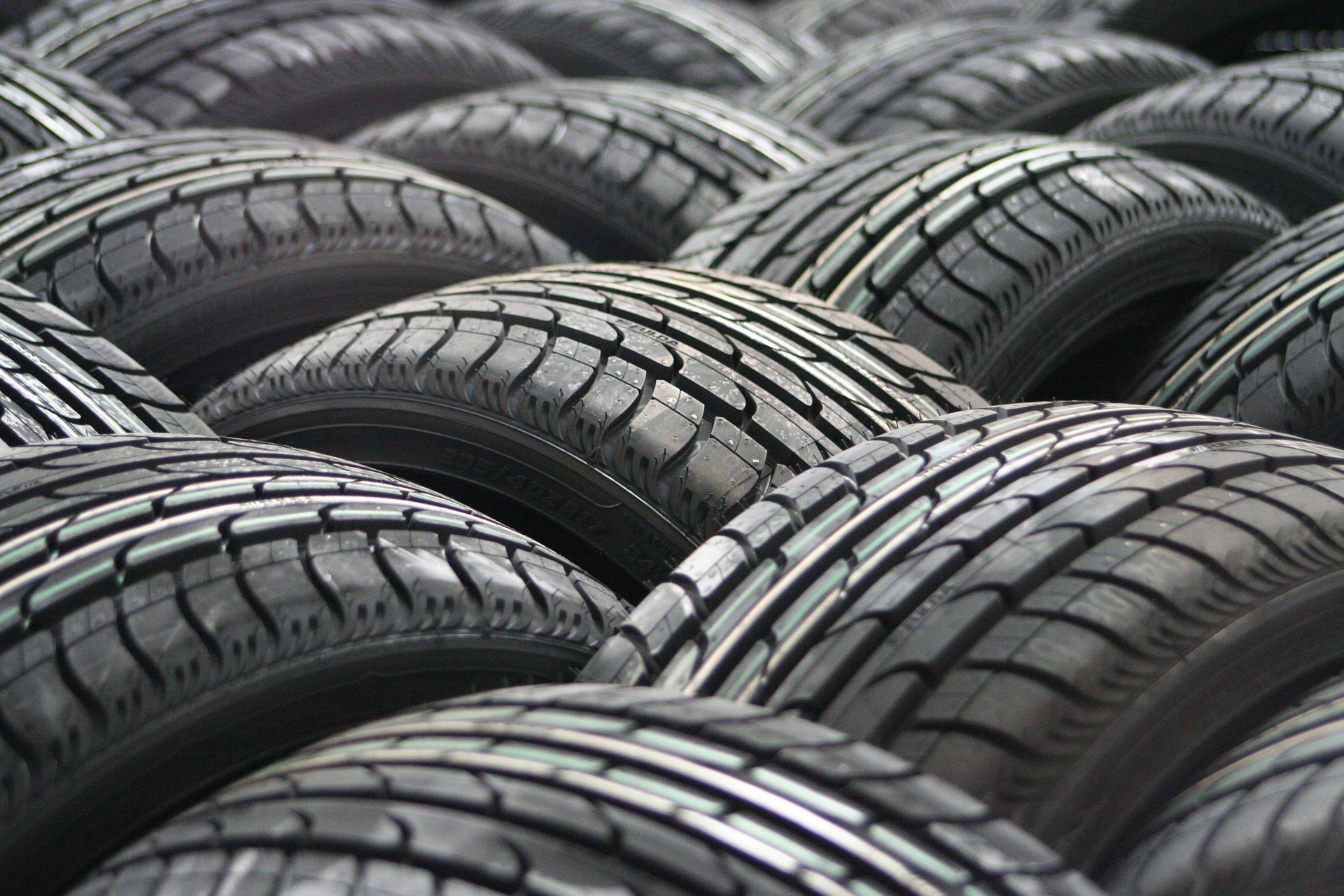Imagine that you’re driving along and your tyre ruptures. You’re forced to pull over to the side of the road to perform an awkward switch. That is, if you’ve got the expertise necessary to do so – you might instead be forced to pay for a roadside callout.
Run-flat tyres are a means of avoiding this situation. They’re built to keep working even after you’ve suffered a puncture – albeit for a limited distance and at a limited speed. They’ll buy you the little bit of leeway that you need to get home, or to a garage.
How do Run-flat Tyres work?
Within a run-flat tyre, you’ll find a rubber insert which is built to support the weight of the vehicle in the event of a puncture. The sidewall is effectively reinforced, which protects the alloy. If you were to attempt to drive on a blown-out tyre without this reinforcement, then you’d risk inflicting further (and more costly) damage on the alloy and the structures to which it’s attached.
Tyres of this sort remove the need for a spare tyre to be stored in the boot. This will reduce the weight of your vehicle, and by extension increase its fuel-efficiency. If your vehicle was originally designed for run-flats, then it won’t have a space for the spare tyre – so you’ll effectively have no choice but to continue with run-flats.
Are there any downsides?
The first problem with run-flat tyres is that they’re inherently more expensive than standard tyres. They require more materials, more manufacturing time and expertise, and they’re more complex. All of this is reflected in the price. Secondly, run-flat tyres don’t tend to last for as long as their equivalents – though this will vary depending on the manufacturer. Thirdly, run flats can’t be repaired; they need to instead be replaced.
Subjectively, you may find that the ride is a little bit harsher and less pleasant when you’re driving on run-flats, since the stiffened sidewalls allow for less absorption when you’re travelling over the top of bumps, and you’re going around corners. Tyres of this sort might also do their job too well; you might find that it’s difficult to tell when you have a puncture and when you don’t. If you’re driving a car with a built-in system to detect problems, this won’t be something you have to worry about; if you’re not, it’s worth consider



 Bitcoin
Bitcoin  Ethereum
Ethereum  Tether
Tether  XRP
XRP  Solana
Solana  USDC
USDC  Cardano
Cardano  TRON
TRON  Lido Staked Ether
Lido Staked Ether  Avalanche
Avalanche  Toncoin
Toncoin